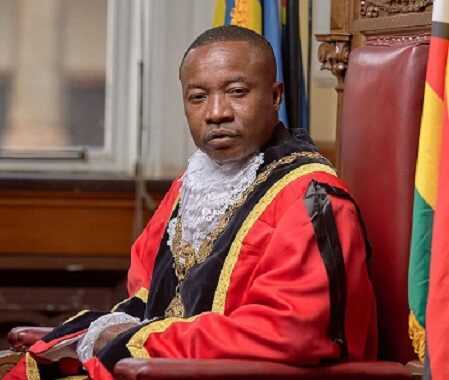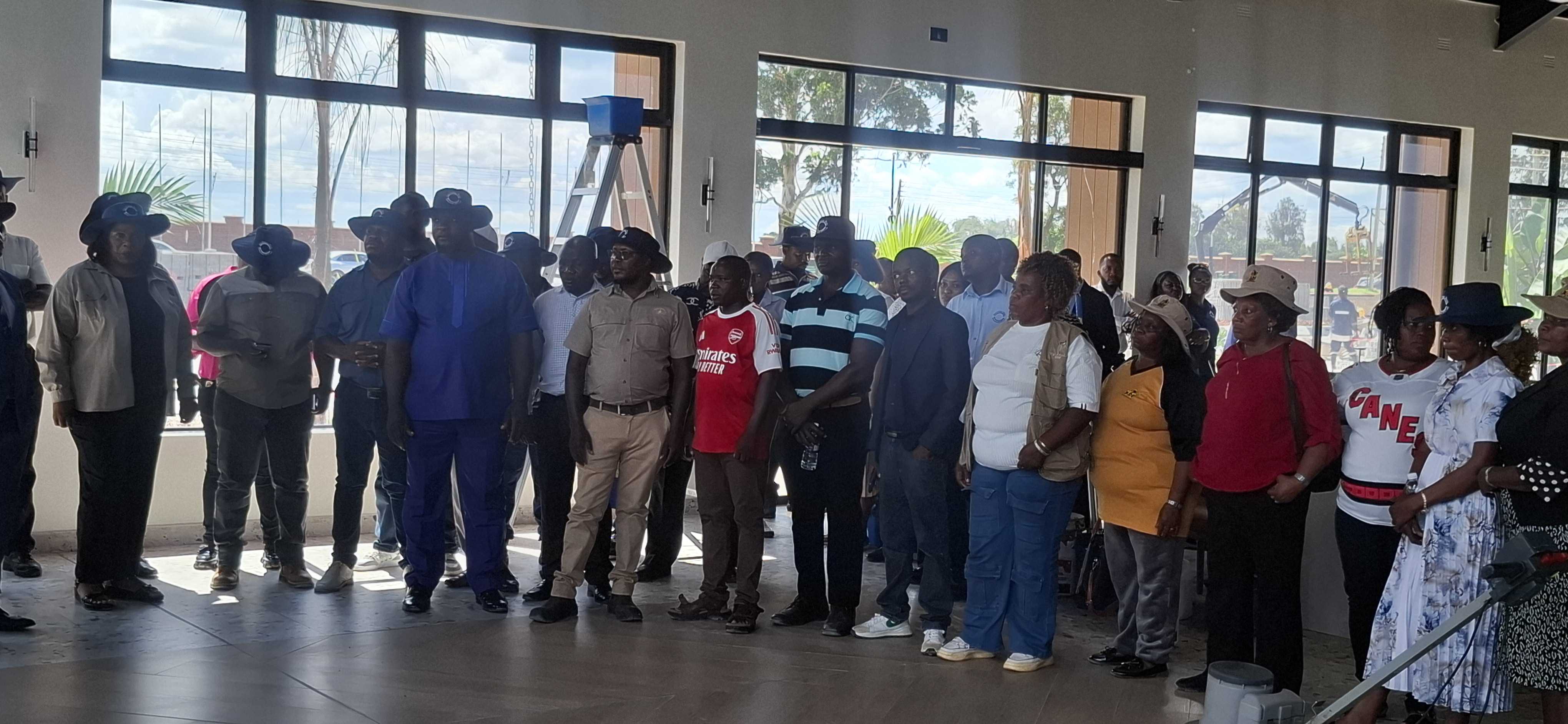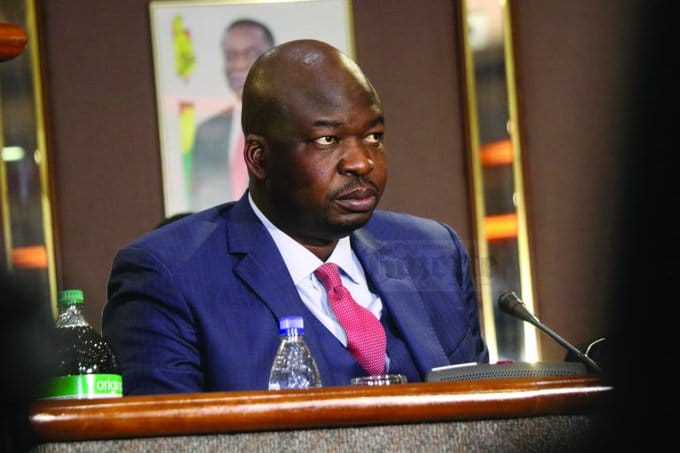
Philemon Jambaya
Zim Now Editor
The City of Harare has unveiled a new municipal police unit with a mandate to aggressively tackle illegal trading and littering within the city's central business district , signaling a renewed push to restore order and cleanliness.
The initiative was announced by Mayor Jacob Mafume during a meeting at Town House, where he outlined the council's determination to address the growing challenges of urban disorder. "We have created a special unit in our municipal police, that is going to be enforcing anti-litter by-laws," Mafume stated. "Certainly, in other countries, you don’t roast maize in the middle of town and so forth. These are the things that we are going to be planning back on with the special units of the police to make sure that the areas are clean."
Related Stories
The mayor emphasized the municipality's commitment to providing designated vending spaces for informal traders, acknowledging the need for a balanced approach. "We need to have some streets where we do not permit anyone to sell anything in the market or anywhere and then other streets we can agree, after consultation with the informal sector and the residents, where we can allow them to be able to do the same implementation for designated areas, so that we can establish policies," he explained.
However, the move has drawn criticism from residents' associations, who argue that the council's enforcement-heavy approach fails to address the underlying issues. Ruben Akili, director of the Combined Harare Residents Association, pointed to the council's failure to provide adequate alternative vending spaces as a key driver of lawlessness. "The local authority probably spends more on enforcing rather than constructing markets," Akili asserted. "It is very important that resources are channelled towards building markets in areas where these people can be allowed to do their work."
The proliferation of informal trading in Harare is largely attributed to the country's struggling economy, characterized by widespread job losses and business closures. With limited formal employment opportunities, many Zimbabweans have turned to informal trading to sustain their livelihoods.
While official statistics on the number of informal traders in Harare are unavailable, estimates suggest that the figure runs into the thousands. The new "special unit" will face the daunting task of enforcing by-laws in a city grappling with economic hardship and a growing informal sector.



















Leave Comments